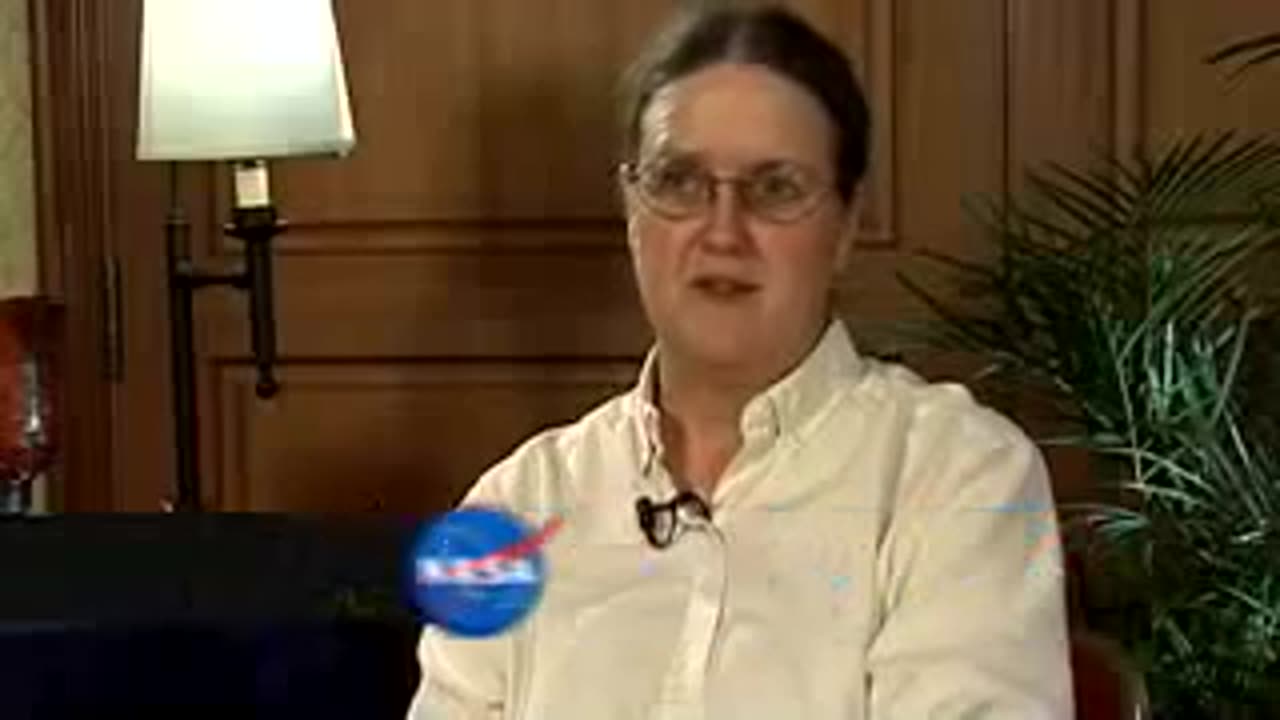Premium Only Content

Hubble's Science Legacy
Hubble's Science Legacy:
The Hubble Space Telescope, launched in 1990, has made profound contributions to our understanding of the universe. Its science legacy includes:
Cosmic Distance Scale: Hubble helped refine the measurement of the Hubble Constant, which tells us the rate of the universe's expansion. This knowledge has improved our understanding of the age and fate of the cosmos.
Dark Energy Discovery: Hubble's observations of distant supernovae revealed the accelerating expansion of the universe, leading to the discovery of dark energy, a mysterious force responsible for this acceleration.
Galaxy Formation and Evolution: Hubble's deep field images have allowed us to study galaxies at various stages of their evolution, shedding light on how galaxies form and change over time.
Exoplanet Atmospheres: Hubble has detected and analyzed the atmospheres of exoplanets, providing insights into their compositions and potential habitability.
Black Hole Masses: Hubble has measured the masses of supermassive black holes in the centers of galaxies, contributing to our understanding of their role in galactic evolution.
Stellar Life Cycles: It has observed star birth and death, offering a comprehensive view of stellar life cycles and the factors influencing them.
Planetary Science: Hubble has provided valuable data on the atmospheres and features of planets in our solar system, including Jupiter, Saturn, and Pluto.
Gravitational Lensing: Hubble's observations of gravitational lensing have allowed astronomers to study distant objects magnified by the gravity of massive foreground objects, helping us see even farther into the universe.
Early Universe: By studying the most distant galaxies, Hubble has provided glimpses into the universe's early history, allowing us to probe its conditions shortly after the Big Bang.
Hubble's contributions have revolutionized astrophysics and continue to inspire new discoveries. Its observations have been crucial in shaping our current understanding of the cosmos.
-
 LIVE
LIVE
Wendy Bell Radio
6 hours agoAGENTS OF DECEPTION
7,010 watching -
 LIVE
LIVE
Major League Fishing
3 days agoLIVE! - Fishing Clash Team Series: Challenge Cup - Day 2
170 watching -
 LIVE
LIVE
The Big Mig™
3 hours agoTop 10 GO WOKE GO BROKE
6,017 watching -
 LIVE
LIVE
Law&Crime
3 hours ago $0.69 earnedLIVE: Adelson Matriarch Murder Trial — FL v. Donna Adelson — Day 1
215 watching -
 LIVE
LIVE
JuicyJohns
3 hours ago $0.07 earned🟢#1 REBIRTH PLAYER 10.2+ KD🟢
107 watching -
 59:26
59:26
Coin Stories with Natalie Brunell
6 hours agoWho's Selling Bitcoin? Preston Pysh on Bearish Sentiment, Bitcoin Treasury Warning Signs and Ponzis
12.6K1 -
 1:44:34
1:44:34
Dear America
3 hours agoGavin Newsom Is Trying To COPYCAT MAGA!? Newsom 2028 Incoming… + Troops Are Coming To FIX CHICAGO!!!
93.2K45 -
 LIVE
LIVE
Badlands Media
11 hours agoBadlands Daily: August 25, 2025
2,845 watching -
 35:18
35:18
The Quiet Part
3 hours agoMAID Is Coming for the Mentally Ill — But This Could Change Everything
12.7K2 -
 LIVE
LIVE
Surviving The Survivor: #BestGuests in True Crime
3 hours agoLIVE Court: Wendi Adelson Testifies Against Mom, Donna Adelson, in Dan Markel's Murder Trial
145 watching